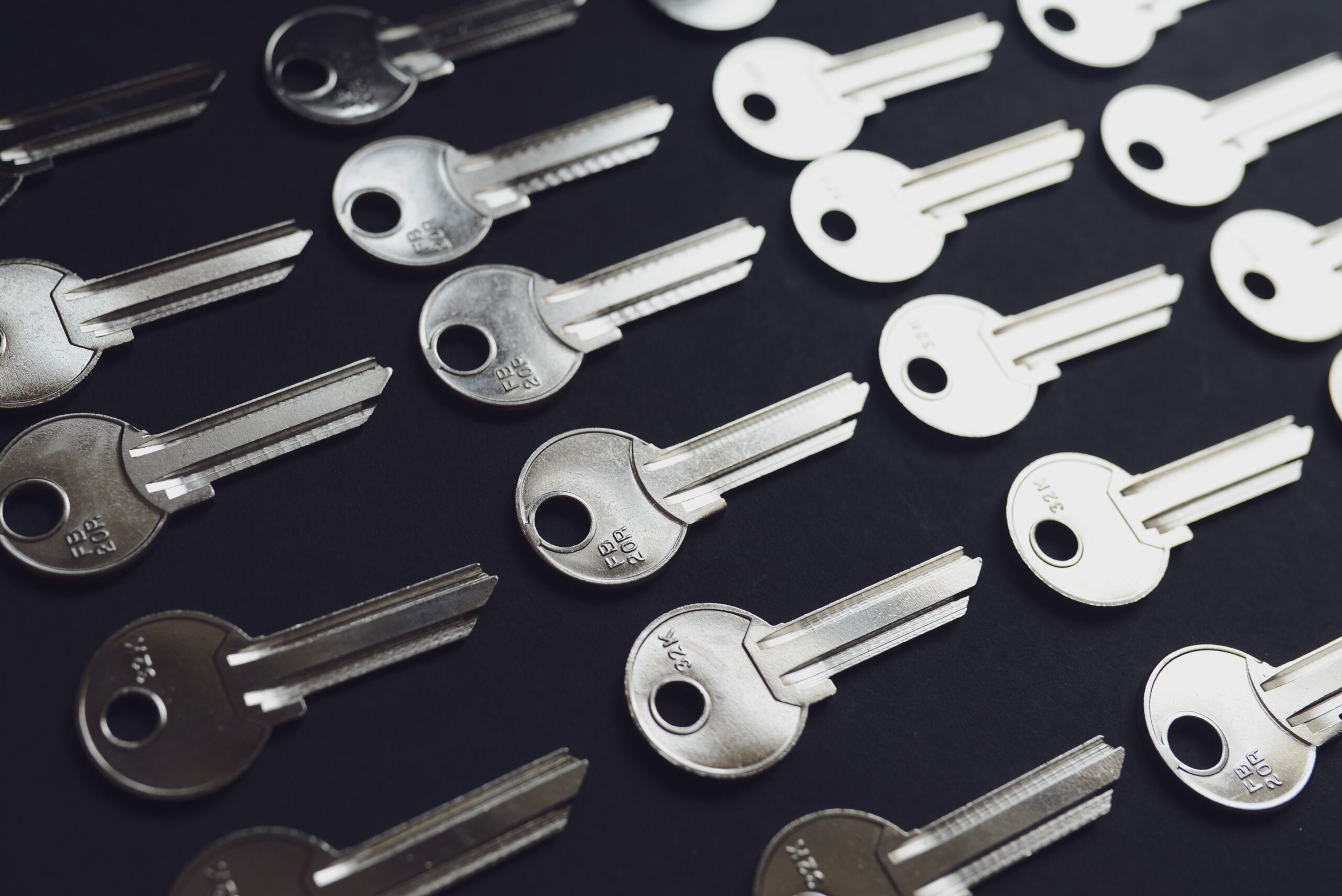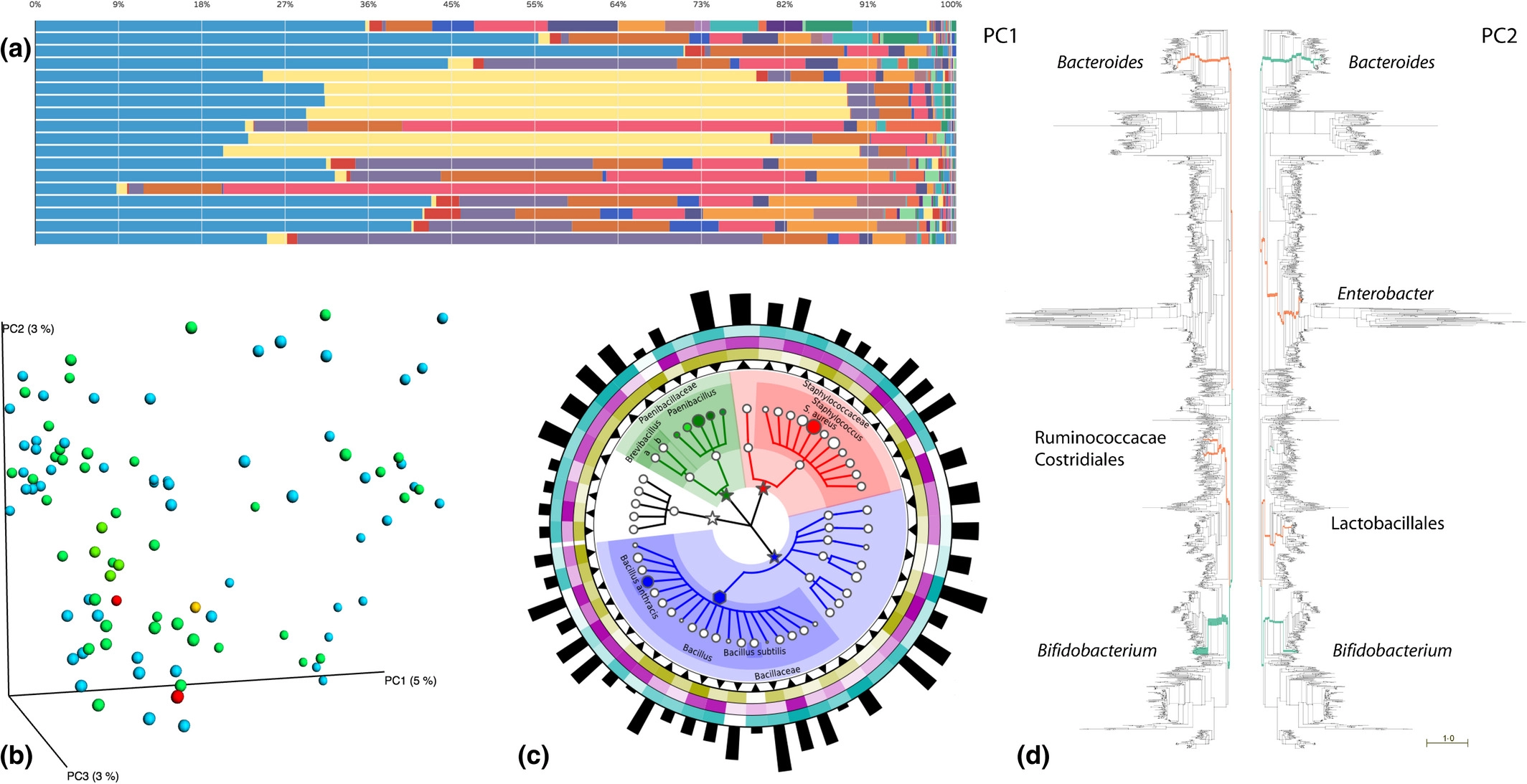
Graduate Center students! Don’t sleep on the absurd number of usernames and passwords you will be required to remember! Think you can just keep it all in your brain, your phone notes, or a piece of paper in your wallet? Don’t kid yourself: the average person in 2023 has to keep track of 100 passwords, and we all know someone who’s had accounts hacked, or been the victim of identity fraud.
At GCDI we feel your pain! Here’s three great ways to keep your passwords secure and memorable.
Acronym passwords with related numbers
Legible words and phrases found in dictionaries are not typically secure, but a string of symbols, letters and numbers is hardly something that can be called to memory easily.
Instead, take a favorite phrase that you know particularly well and think about often– a line of poetry or a song lyric, for example– and turn it into an acronym.
So, the WB Yeats line, “Tread softly because you tread on my dreams”
becomes: “tsbytomd”
Or the Jimi Hendrix line, “Excuse me while I kiss the sky” becomes “emwikts”
You can also build in relevant numbers to meet website security standards. For example, Yeats’ line comes from a poem that was published in 1899, so the password can become “tsbytomd1899”.
Or for the line by Hendrix, who died in 1970, you can have “19emwikts70”.
Account-Dependent Variations
We’ve already formed a fairly a strong password, but of course it isn’t secure to have the same password for every account you have. To solve this, you can add relevant letters to identify which account you are trying to access.
For example, your Graduate Center email account might have a password beginning or ending with “GC”, yielding “GCtsbytomd1899” or “19emwikts70GC”.
Meanwhile the password for your personal email, shopping sites, social media sites, etc, can all have differing initials, so as to differentiate between them.
You can see by this point that the passwords formed would pass many security checks for standard websites, and from there you can add special characters (?!/_”#$[}) to make it pass more stringent requirements. I would recommend keeping the same special character(s) for all passwords.
In all of the above cases– choosing a phrase, a date and a couple of account-dependent identifying letters, you should choose what comes to mind immediately and with regularity. Go with your gut and avoid anything that takes too long to recall from memory. The idea is to know the acronym from memory in a way that is unique to you.
Safe long-term storage
Finally, you should store your passwords somewhere safe, regardless of how well you can recall some of them. Don’t use paper and don’t use a Word document. There are many password managers out there, but we at GCDI love Bitwarden. It’s open-source, easy to use and has a free version that offers all the features a standard user could ask for, as well as several reasonably-priced options with advanced features such as 2 factor authentication, and the option to share with family members– or anyone who wants access to your streaming services 🤨.
So! Free yourself from the inconveniences– and serious dangers– of poor password management and give your favorite song lyric the ultimate honor it deserves: immortality as a password acronym.






